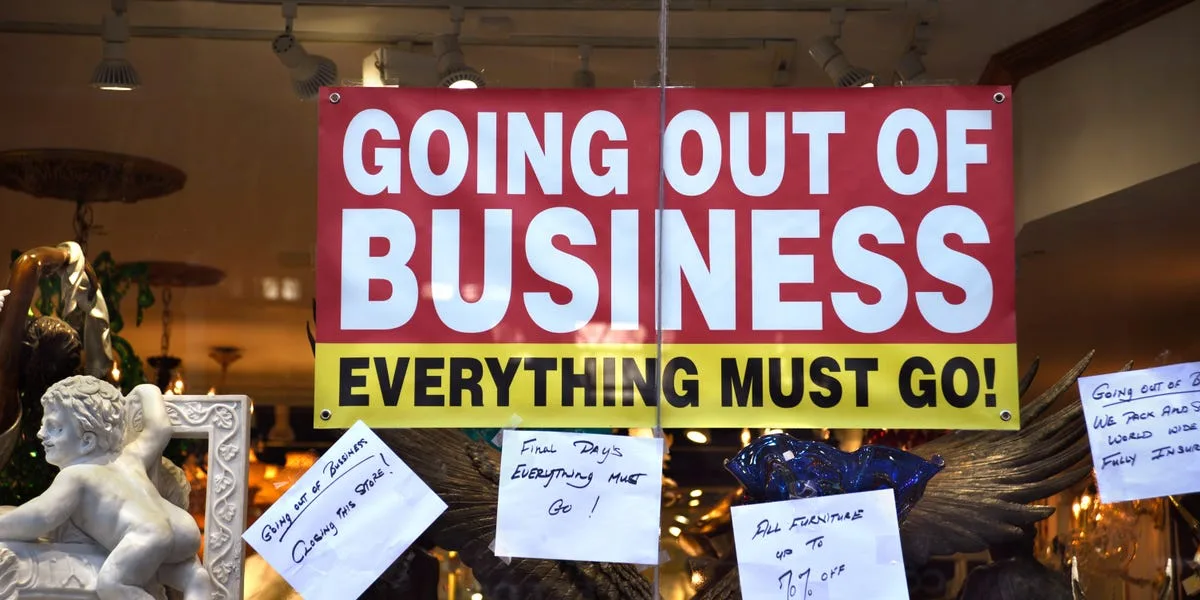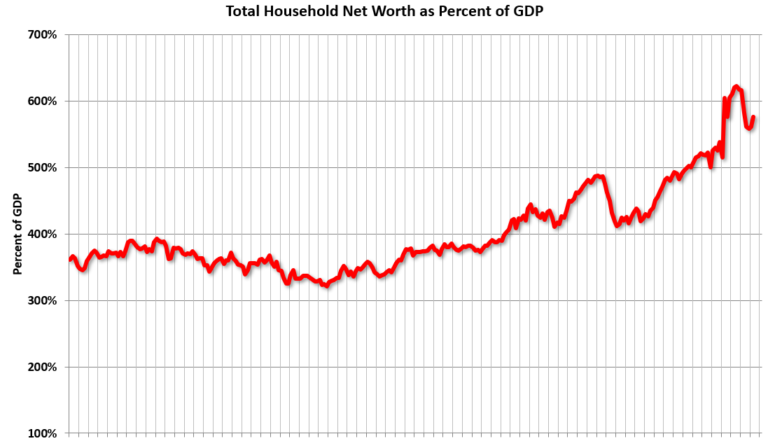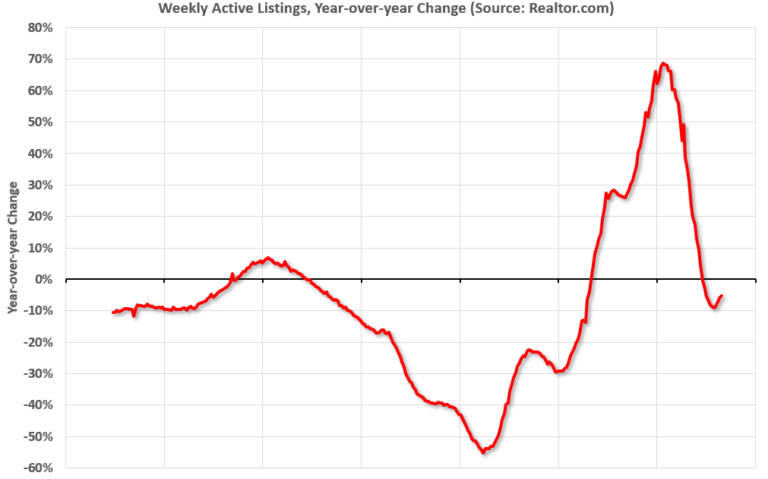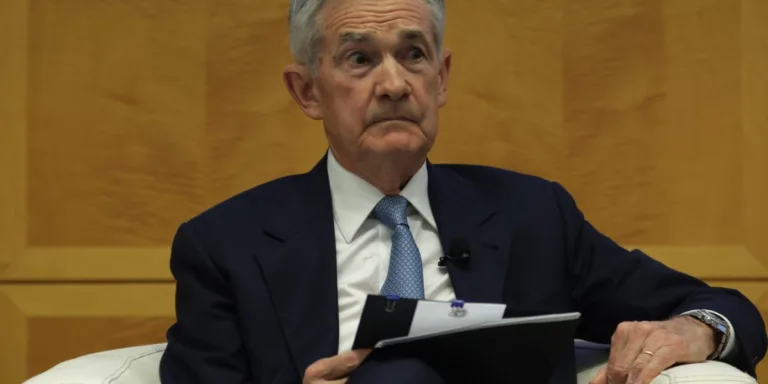Experts Warn of Impending Wave of Corporate Defaults and Bankruptcies
There is growing concern among experts about an impending wave of corporate defaults and bankruptcies that could have significant consequences for the economy. High interest rates are taking a toll on businesses and consumers, raising the odds of a recession. According to S&P Global, as of the end of August, 459 companies have already filed for bankruptcy, surpassing the total number of filings recorded in 2021 and 2022. This trend is not limited to the US; corporate debt defaults are also on the rise globally. In August alone, there were 107 corporate debt defaults, the highest monthly total since 2009.
Collin Martin, a director and fixed income strategist at Charles Schwab, points out that borrowing costs for some firms have doubled or nearly tripled in 2023 compared to previous years, putting a strain on corporate balance sheets. The cost of borrowing has increased significantly for below-investment grade corporate debt, with effective yields soaring to 9%. Additionally, the yield on the 10-year US Treasury has surpassed 4.8%, reaching its highest level in 16 years.
Zombie firms, which were able to survive in a low interest rate environment, are particularly vulnerable in a higher interest rate regime. These companies don’t have enough cash to service their debt and are now facing difficulties refinancing. As a result, there is a wave of distress building in the corporate sector. The default rate for high-yield bonds is expected to reach 4.5%-5% by the end of this year, more than six times the rate recorded in 2021.
Charles Schwab estimates that the wave of corporate defaults and bankruptcies will continue to surge through 2024, with a peak expected by the end of the first quarter. This rise in defaults and bankruptcies adds to the growing list of headwinds that could push the US economy into a recession. Companies struggling with bankruptcy or heavy debt burdens may be forced to downsize their workforces, and this wave of distress could have knock-on effects on asset prices and stock prices.
Combined with other warning signs, such as consumers running out of excess savings, the restarting of student loan payments, and soaring bond yields, there are increasing concerns that the economy may soon slow down. The yield curve, which historically signals a recession, has started to de-invert, further fueling fears of an impending downturn.
Source: Rising corporate bankruptcies and debt defaults are another headwind for the economy, experts warn







